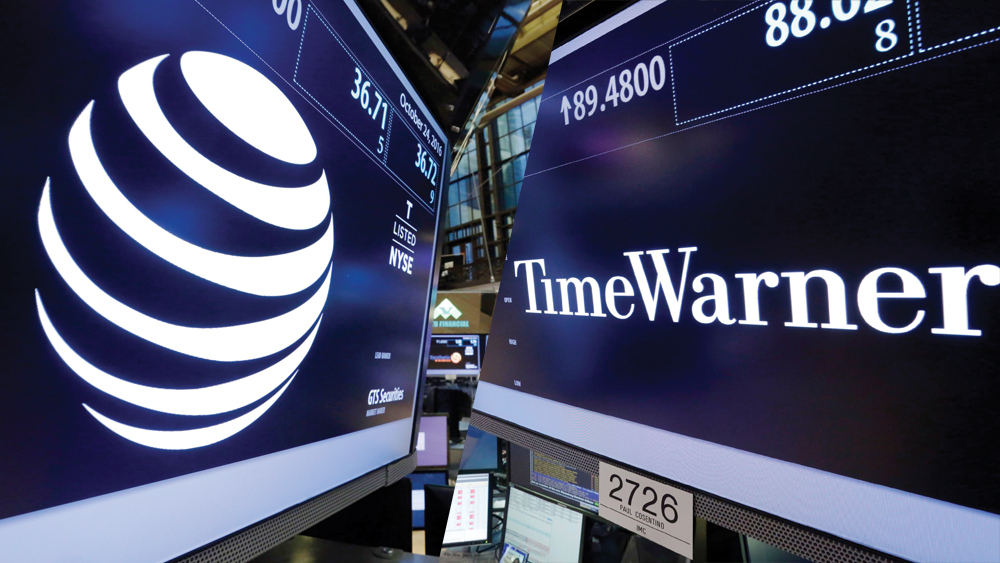What just happened? AT&T announced intentions to purchase Time Warner in late 2016 but the merger got held up in court by the Department of Justice which sued to block the deal. A judge earlier this week ruled that the transaction could proceed, giving the two sides the green light to seal the deal.

AT&T has officially completed its landmark acquisition of Time Warner, further blurring the lines between media, entertainment and technology.
With the acquisition, AT&T is larger than ever although by segmenting the business into four parts, each unit will be able to operate independently and move quickly.
- AT&T Communications provides mobile, broadband, video and other communications services to U.S.-based consumers and nearly 3.5 million companies – from the smallest business to nearly all the Fortune 1000 – with highly secure, smart solutions. Revenues from these services totaled more than $150 billion in 2017.
- AT&T’s media business consists of HBO, Turner and Warner Bros. Together, these businesses had revenues of more than $31 billion in 2017. A new name for this business will be announced later.
- AT&T International provides mobile services in Mexico to consumers and businesses, plus pay-TV service across 11 countries in South America and the Caribbean. It had revenues of more than $8 billion in 2017.
- AT&T’s advertising and analytics business provides marketers with advanced advertising solutions using valuable customer insights from AT&T’s TV, mobile and broadband services, combined with extensive ad inventory from Turner and AT&T’s pay-TV services. A name for this company will be announced in the future.
John Donovan will serve as CEO of AT&T Communications with John Stankey leading the helm of AT&T’s media business. Lori Lee is getting the nod as chief of AT&T International and global marketing officer of AT&T Inc. while Brian Lesser will run the company’s ad and analytics business.
AT&T Chairman and CEO Randall Stephenson said they are going to bring a fresh approach to how the media and entertainment industry works for consumers, content creators, distributors and advertisers.
As per the terms of the merger, Time Warner shareholders will receive 1.4 shares of AT&T common stock as well as $53.75 in cash per share of Time Warner owned.
Image courtesy Shutterstock
https://www.techspot.com/news/75110-att-completes-mega-merger-time-warner.html